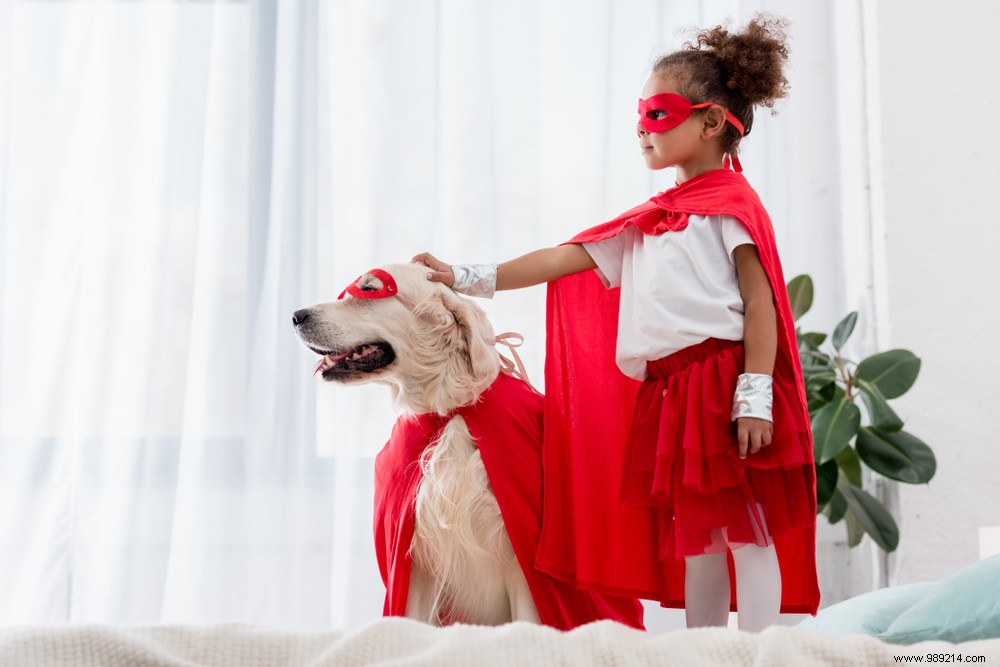
Is your child constantly asking, "Can we get a dog?" Giving in could be a smart move—with careful thought on breed, age, and your child's maturity level, it offers real benefits.
What Benefits Does a Dog Bring to Your Child?
Looking for reasons to say no? Not here. Dogs make exceptional companions for kids, serving as playful, loyal friends. Here's what a furry family member truly provides:
Builds Self-Confidence: Watching their dog obey commands—like giving a paw, sitting, or fetching—empowers children, fostering a sense of control and boosting their self-esteem through these daily wins.
Offers Loyal Companionship: Dogs become trusted confidants for sharing daily joys, sorrows, or tough times like divorce or moves. They intuitively sense sadness and offer comfort with cuddles, helping shy or withdrawn kids reconnect.
Teaches Responsibility: Involving kids in grooming, feeding, brushing teeth, or bathing instills care for a living being, promoting gentleness and accountability from a young age.
Set Clear Rules Before Bringing the Dog Home
As the big day approaches, prepare everyone—no Beethoven-style chaos! Discuss boundaries: Can the dog enter bedrooms or climb on furniture? Where does it go potty? What toys are allowed? Where will it sleep, and who's walking it? This sets expectations for both dog and child.
How to Choose the Right Dog for Your Family
Ready to proceed? Select based on your lifestyle with these key factors:
Breed: Child-friendly options include Golden Retriever, Labrador, Irish Setter, Newfoundland, Poodle, Bernese Mountain Dog, Bichon Frise, Collie, Basset Hound, Border Collie, and French Bulldog.
Puppy or Adult: Puppies are adorable but demand time for training. Adult dogs come pre-trained, easing the transition.
Your Lifestyle: Active family? Frequent traveler? Garden or apartment dweller? Late worker? Match the dog's energy and needs to avoid mismatched adoptions—prioritize temperament over looks.
Introducing the Dog to Your Child
Facilitate a smooth meetup to gauge compatibility. Teach gentle handling: No pulling tails or ears, squeezing, riding, or yelling. Observe interactions closely.
Adults Remain the Primary Caregivers: Even with kid involvement, parents handle most training and upkeep. Only get a dog if you're fully committed too—not just for your child.